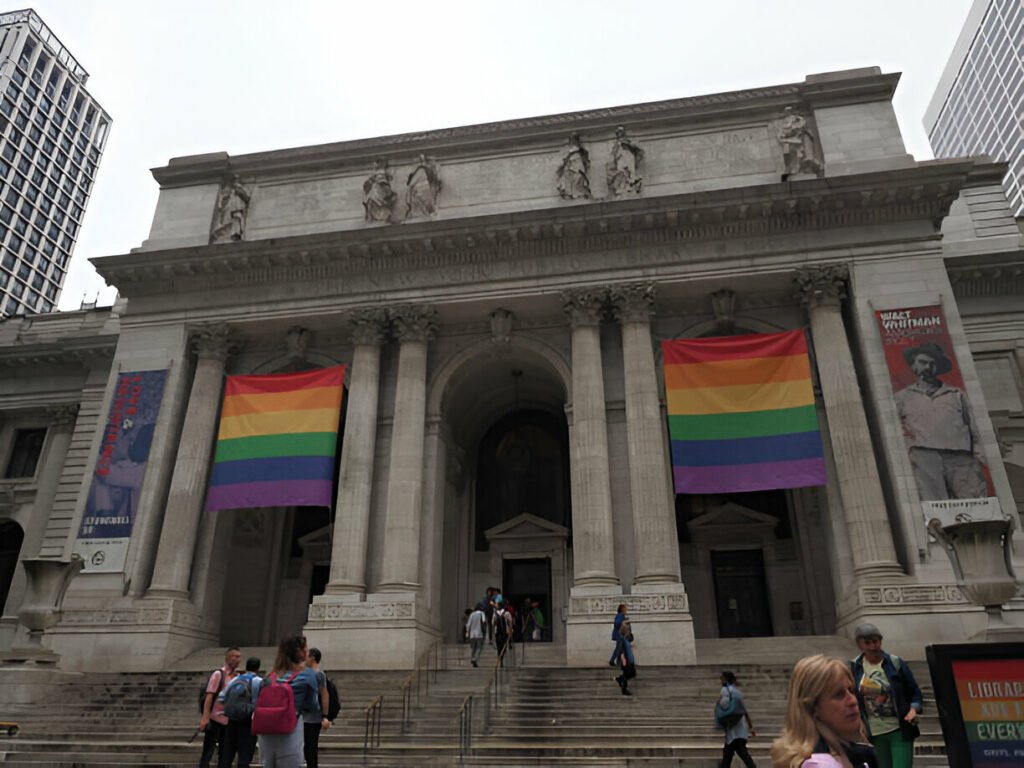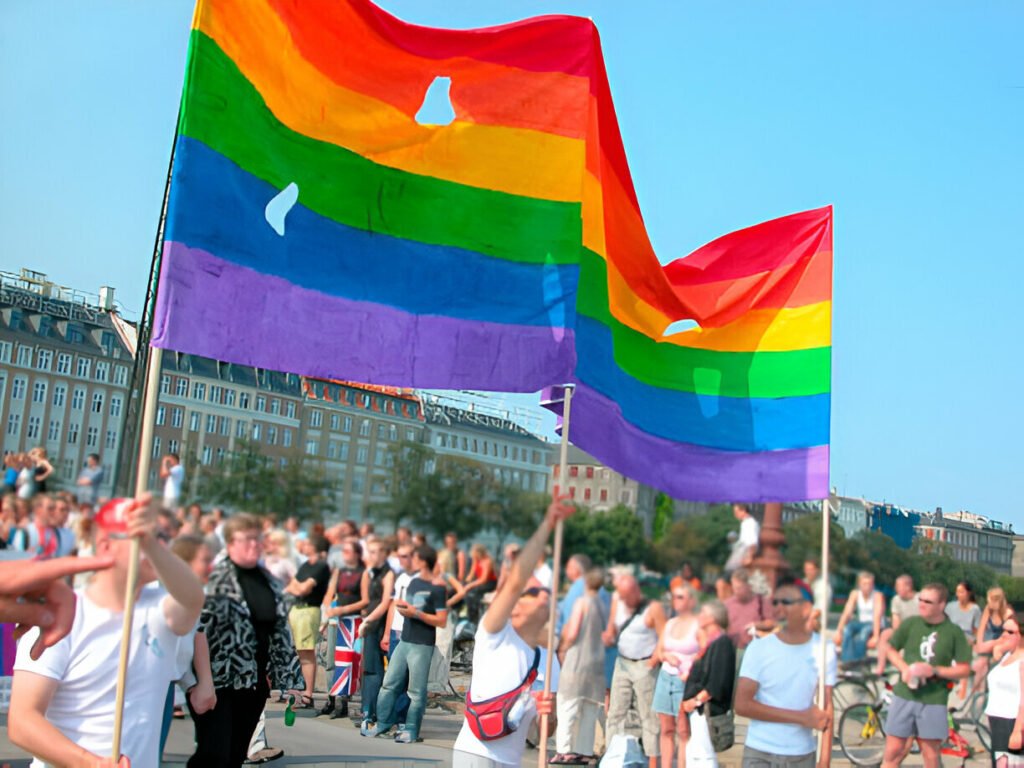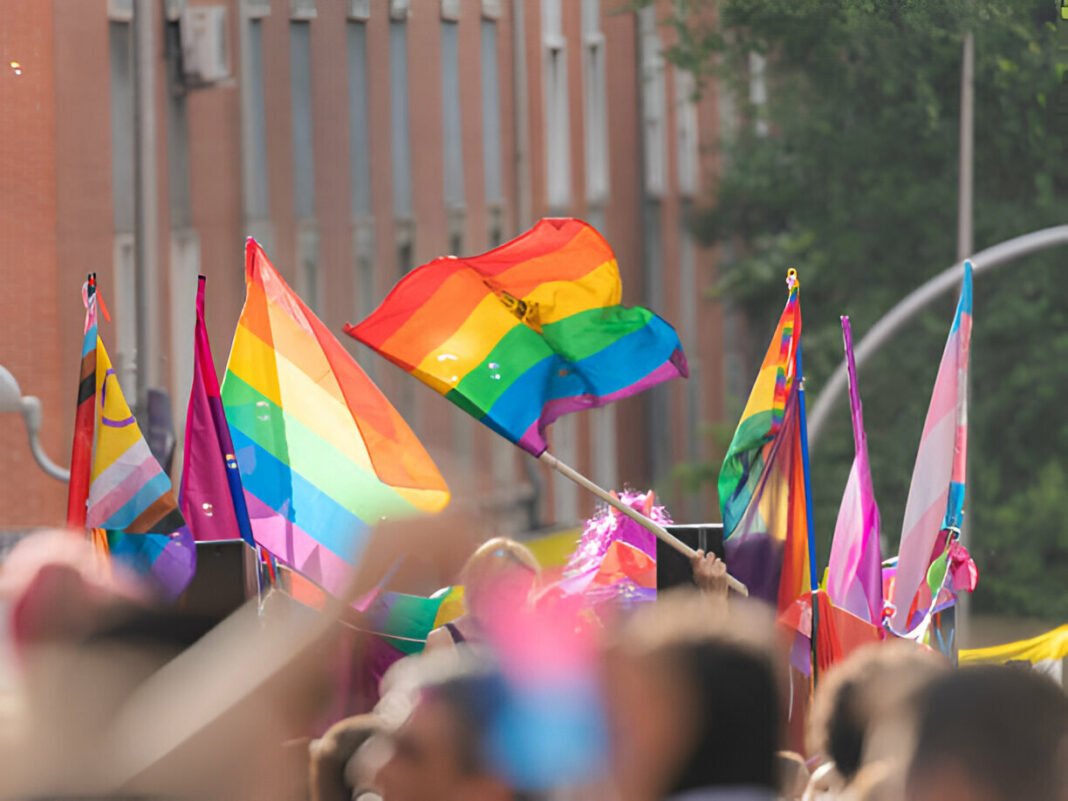The Stonewall Riots The Birth of the Modern LGBTQ+ Rights Movement
The Stonewall Riots, which erupted in June 1969, marked a turning point in the fight for LGBTQ+ rights in the United States. This pivotal event ignited a nationwide movement that continues to strive for equality and acceptance for the LGBTQ+ community. Let’s delve into the events of the Stonewall Riots and their lasting impact on the LGBTQ+ rights movement.
Background of the Stonewall Riots
The Climate of Discrimination
Before the Stonewall Riots, LGBTQ+ individuals faced widespread discrimination and persecution. Homosexuality was criminalized, and LGBTQ+ people were often subjected to police raids, harassment, and violence. Bars and clubs that served LGBTQ+ patrons were frequent targets of police raids, where patrons could be arrested simply for their sexual orientation or gender identity.
The Stonewall Inn
The Stonewall Inn, located in New York City’s Greenwich Village, was one such bar that served as a safe haven for the LGBTQ+ community. Despite its shabby appearance and lack of proper licensing, the Stonewall Inn became a popular gathering place for LGBTQ+ people seeking refuge from the hostility they faced in broader society.

The Night of the Riots
June 28, 1969
Early on June 28, 1969, police conducted a raid at the Stonewall Inn. Unlike previous raids, the patrons decided to resist. Tensions quickly escalated as a crowd gathered outside the bar, and clashes between the police and the LGBTQ+ community ensued. The resistance continued for several nights, with demonstrators demanding an end to police brutality and discriminatory laws.
Key Figures
Several individuals played crucial roles during the Stonewall Riots. Marsha P. Johnson, a Black transgender woman, and Sylvia Rivera, a Latina transgender woman, were among the prominent activists who stood at the forefront of the resistance. Their courage and leadership became symbols of the fight for LGBTQ+ rights.
Impact and Legacy of the Stonewall Riots
Catalyst for the LGBTQ+ Rights Movement
The Stonewall Riots are often credited with sparking the modern LGBTQ+ rights movement. The bravery shown by the rioters inspired LGBTQ+ individuals across the country to organize and demand their rights. In the wake of the riots, numerous LGBTQ+ advocacy groups were formed, including the Gay Liberation Front (GLF) and the Gay Activists Alliance (GAA).
First Pride March
One year after the riots, on June 28, 1970, the first Pride March took place in New York City. This event, initially called the Christopher Street Liberation Day March, commemorated the anniversary of the Stonewall Riots and celebrated LGBTQ+ pride. Today, Pride marches are held annually around the world, serving as a reminder of the struggle for LGBTQ+ rights and a celebration of diversity and acceptance.
Legal and Social Progress
The Stonewall Riots set the stage for significant legal and social advancements for the LGBTQ+ community. Over the decades, landmark achievements include the decriminalization of homosexuality, the repeal of “Don’t Ask, Don’t Tell” in the military, and the legalization of same-sex marriage. Despite these gains, the fight for full equality continues, as many LGBTQ+ individuals still face discrimination and violence.
Challenges and Ongoing Struggles
Continued Discrimination
While significant progress has been made, the LGBTQ+ community continues to face challenges. Discrimination in employment, housing, and healthcare remains prevalent, particularly for transgender individuals and LGBTQ+ people of color. Hate crimes and violence against LGBTQ+ individuals also persist, underscoring the need for continued advocacy and protection.
Transgender Rights
Transgender individuals, in particular, face unique challenges within the LGBTQ+ rights movement. Issues such as access to gender-affirming healthcare, legal recognition of gender identity, and protection from discrimination are critical areas that require ongoing attention and action.

Global Context
The struggle for LGBTQ+ rights extends beyond the United States. In many parts of the world, LGBTQ+ individuals face severe persecution, including imprisonment and violence. International solidarity and advocacy are essential to promoting LGBTQ+ rights and acceptance globally.
Conclusion
The Stonewall Riots were a watershed moment in the fight for LGBTQ+ equality, igniting a movement that continues to push for acceptance and justice. The bravery of those who stood up against oppression in 1969 laid the foundation for the progress achieved since then. As we honor the legacy of the Stonewall Riots, we must also recognize the ongoing struggles and continue to fight for a world where everyone, regardless of their sexual orientation or gender identity, can live with dignity and equality.
FAQs
What were the Stonewall Riots?
The Stonewall Riots were a series of spontaneous demonstrations by members of the LGBTQ+ community in response to a police raid at the Stonewall Inn in New York City in June 1969.
Why are the Stonewall Riots significant?
The Stonewall Riots are considered the catalyst for the modern LGBTQ+ rights movement, inspiring activism and leading to significant legal and social advancements for LGBTQ+ individuals.
Who were some key figures in the Stonewall Riots?
Key figures in the Stonewall Riots include Marsha P. Johnson and Sylvia Rivera, both of whom were prominent activists and leaders in the LGBTQ+ community.
What is the legacy of the Stonewall Riots?
The legacy of the Stonewall Riots includes the annual Pride marches, the formation of LGBTQ+ advocacy groups, and significant progress in LGBTQ+ rights. Nonetheless, the struggle for complete parity persists.
What challenges does the LGBTQ+ community still face today?
The LGBTQ+ community still faces discrimination in various areas, including employment, housing, and healthcare. Transgender individuals and LGBTQ+ people of color often experience heightened levels of violence and discrimination.




